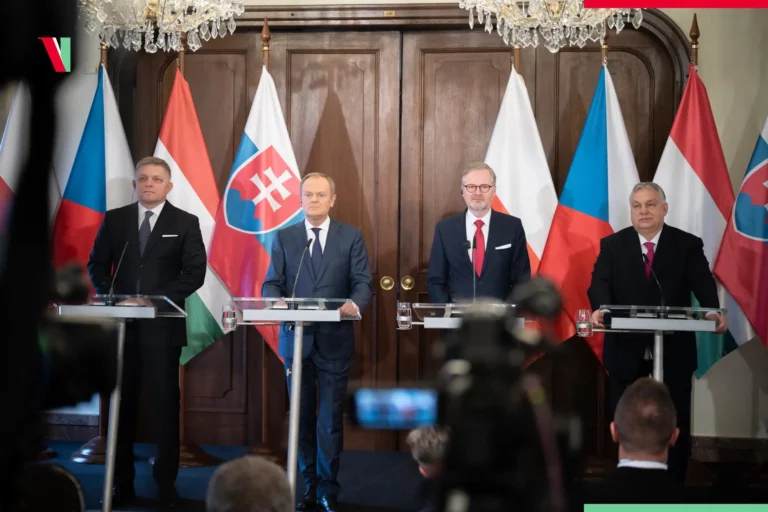Poland
Orbán meets Meloni and Morawiecki in Brussels: what’s he up to?

Hungary at risk: potential exclusion from key NATO group – UPDATE: Romanian president

The Ultimate Guide to Safe Online Casinos in Poland

Hungary is one of the best choices for tourists concerning purchasing power

MIHAS 2024: Driving Innovation Through the Halal Sector

New night service from this Hungarian city to Warsaw!

Speakers at CPAC Hungary want to fight against ‘woke ideology, illegal immigration, anti-Semitism’

Exciting: New planes will serve Wizz Air passengers in these European cities

Ambitious plans: Russian discount chain determined to beat Aldi, Lidl in Hungary

Here is the new Hungarian President’s first foreign visit: he called for deepening dialogue

Did Czech, Polish prime ministers shout at PM Orbán due to Sweden’s NATO accession?

Hungary does not support Mark Rutte as NATO Secretary General

Hungary wants to resurrect the Visegrád Four cooperation

Hungarian stabbed several people in Gdansk, Poland

Russian official: Europe to change its tune when Russian troops are on the borders of Hungary…

V4 heads of govt to meet in Prague

The Rising Tide of E-commerce in Poland: Trends, Growth, and Future Projections
Sponsored content In the dynamic landscape of digital commerce, Poland emerges as a burgeoning market with significant growth potential. As...
Visegrád 4 countries protest against EU policies





 ZH
ZH IT
IT DE
DE HR
HR NL
NL FR
FR JA
JA RO
RO RU
RU ES
ES TR
TR
